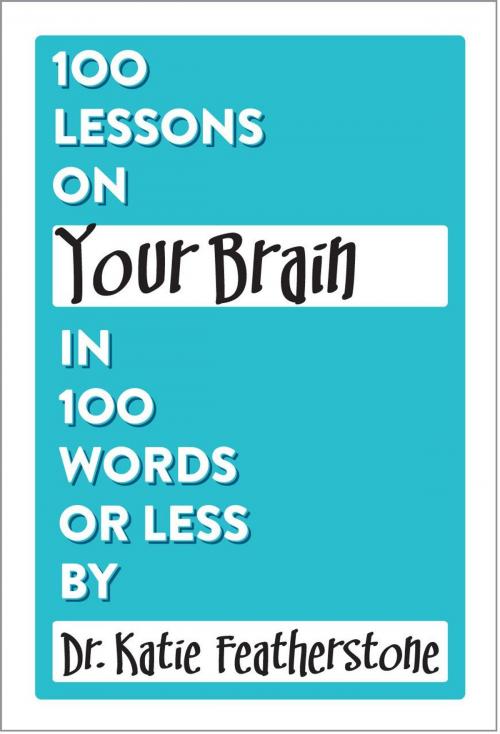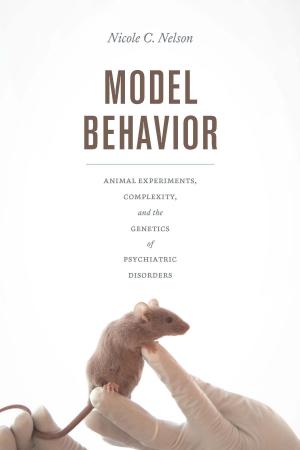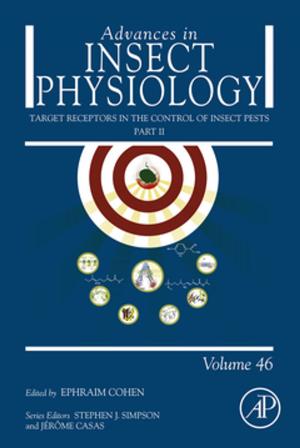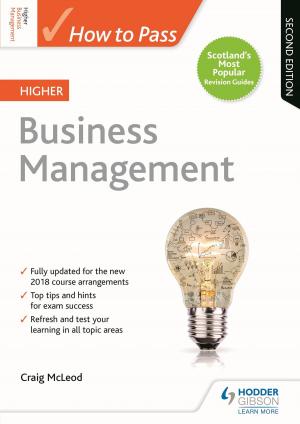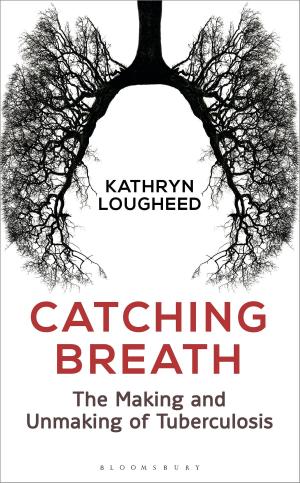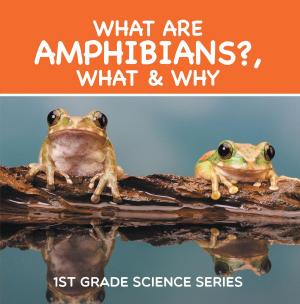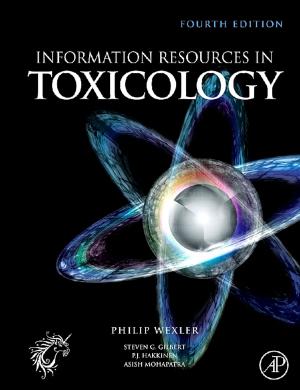100 Lessons on Your Brain in 100 Words or Less
Nonfiction, Health & Well Being, Medical, Specialties, Internal Medicine, Neuroscience, Science & Nature, Science, Biological Sciences| Author: | Dr.Katie Featherstone | ISBN: | 9781908371089 |
| Publisher: | Visual Aid Publishing Limited | Publication: | August 1, 2011 |
| Imprint: | Language: | English |
| Author: | Dr.Katie Featherstone |
| ISBN: | 9781908371089 |
| Publisher: | Visual Aid Publishing Limited |
| Publication: | August 1, 2011 |
| Imprint: | |
| Language: | English |
YOUR BRAIN: Why do we have emotions? What is creativity? Do we have free will? Why do we have dreams? Where do memories go? How do we learn and how can neuroscience teach us to improve or enhance our minds? 100 Lessons on Your Brain in 100 Words or Less explores neuroscience, biology, and psychology to help unravel the complex biological factors that help explain how our minds work. Your Brain is the most complex object in the universe. Spend a little time investigating the nature of your mind, what we know and the mysteries that remain about how it works. We all know that we don't read enoughbut don't beat yourself upread a little, you can still learn a lot. Read between sets at the gym, on your way to work, while queuing at the bank, or even wind down with a few lessons at bedtime. Dip in, dip out, learn something new along the way. Try ityou might just like it.
YOUR BRAIN: Why do we have emotions? What is creativity? Do we have free will? Why do we have dreams? Where do memories go? How do we learn and how can neuroscience teach us to improve or enhance our minds? 100 Lessons on Your Brain in 100 Words or Less explores neuroscience, biology, and psychology to help unravel the complex biological factors that help explain how our minds work. Your Brain is the most complex object in the universe. Spend a little time investigating the nature of your mind, what we know and the mysteries that remain about how it works. We all know that we don't read enoughbut don't beat yourself upread a little, you can still learn a lot. Read between sets at the gym, on your way to work, while queuing at the bank, or even wind down with a few lessons at bedtime. Dip in, dip out, learn something new along the way. Try ityou might just like it.
